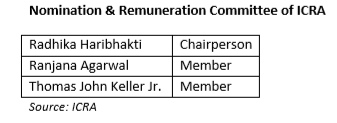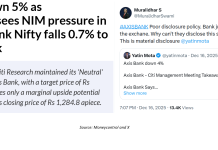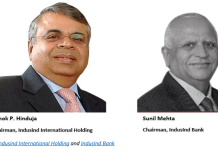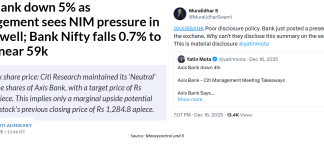EXECUTIVE SUMMARY. The credit rating agency, ICRA (an affiliate of Moody’s) has finally sacked Naresh Takkar, its chief executive officer (CEO). This appears to be a belated response to pressure from the Securities and Exchange Board of India (SEBI), the capital markets regulator. Earlier, following an anonymous complaint to SEBI, reportedly pertaining to lapses in the credit rating of the failed infrastructure developer and non-bank finance company IL&FS, ICRA had forced Takkar to go on leave on July 1, 2019. Subsequent reports in the media of how IL&FS managed to influence senior officials of ICRA to not downgrade the tottering NBFC seem to have sealed Takkar’s fate.
IL&FS’s first defaults were publicly reported in early September 2018; a month earlier, ICRA had rated the company ‘AAA’. Such a major default, which severely impacted banks and institutional investors and posed a systemic risk should have resulted in a major internal enquiry by ICRA to determine the reasons and accountability for such a colossal failure in its rating. But apparently no such exercise took place. The board of the publicly listed ICRA was not willing to take action against its CEO and other senior officials, indeed the board rewarded Takkar with salary hike in FY2019. It is only intervention by SEBI following a complaint that compelled the board of directors to take action. Such is the conduct of a company that provides, in addition to credit rating, corporate governance rating and shareholder value and governance ratings. ICRA’s belated sacking of its CEO for incompetence and possible complicity once again confirms the shockingly poor corporate governance standards permeating the entire blue-chip corporate sector in India.
The lessons to investors and the public are stark and clear: in an ostensibly ‘free market’, publicly listed blue chip companies are unwilling to take harsh action against senior management for gross incompetence and complicity. Corporate boards and even significant minority shareholders remain mute spectators. In these circumstances, regular and intrusive regulators are essential, failing which the consequences may spread far beyond the concerned firm.














